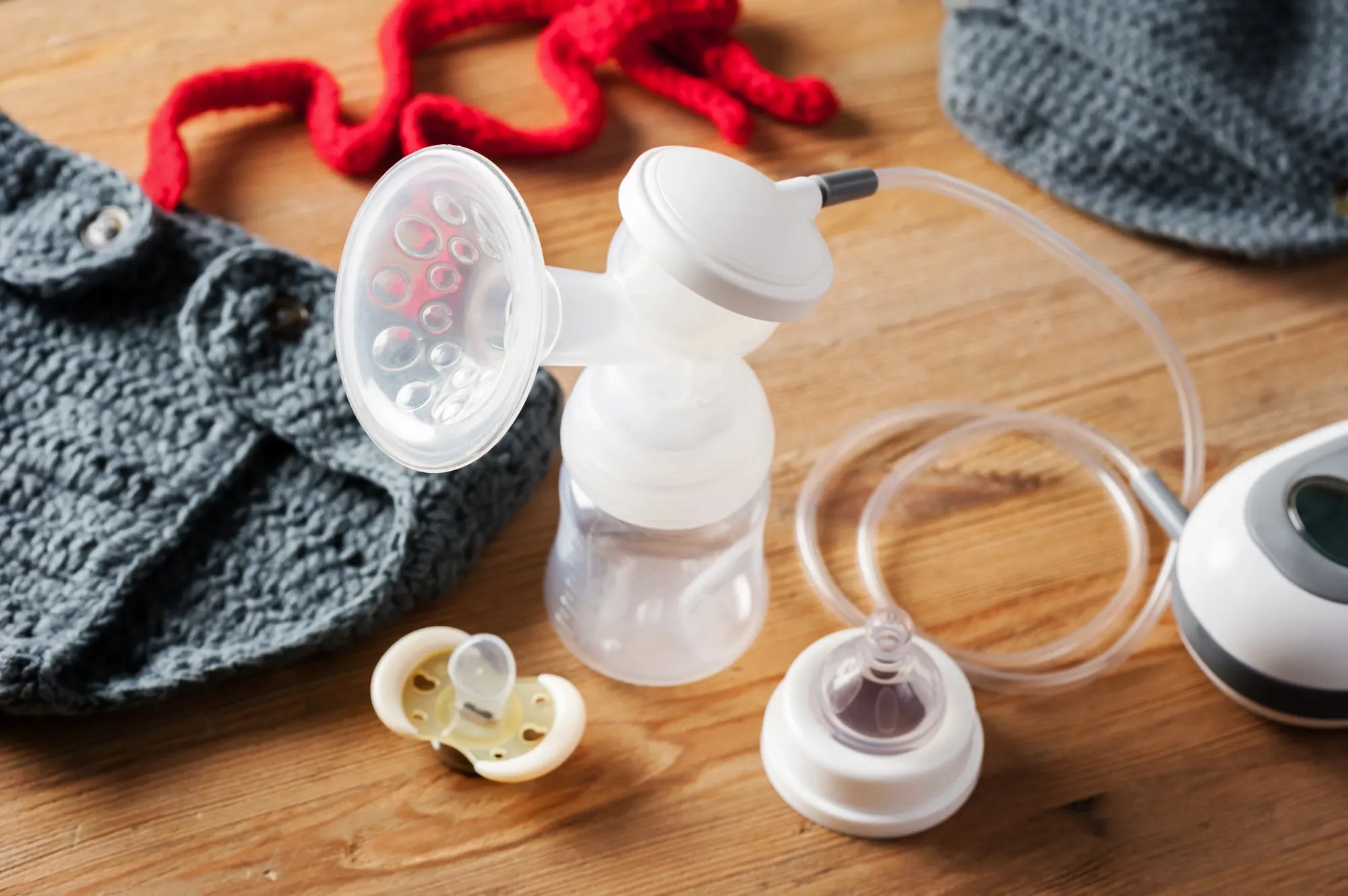Home
Pregnancy, Breastfeeding, and Pumping: The Ultimate Guide for Moms
How Long Can I Go Without Pumping Breast: A Comprehensive Guide

How Long Can I Go Without Pumping Breast: A Comprehensive Guide
Breastfeeding is a deeply personal journey, and for many mothers, pumping breast milk is an essential part of it. Whether you're returning to work, need a break, or are managing other responsibilities, the question of how long you can go without pumping breast milk is a common concern. This article dives into the factors that influence this decision, the potential risks, and strategies to ensure your milk supply remains healthy.
Understanding Breast Milk Production
Breast milk production operates on a supply-and-demand basis. The more frequently you nurse or pump, the more milk your body produces. Conversely, skipping pumping sessions can signal your body to reduce milk production. Understanding this mechanism is crucial for making informed decisions about pumping frequency.
Factors That Influence Pumping Frequency
Several factors determine how long you can go without pumping breast milk:
- Your Baby's Age: Newborns require frequent feeding, so pumping every 2-3 hours is often necessary. As your baby grows, you may be able to extend the time between sessions.
- Your Milk Supply: If you have an oversupply, you might be able to skip a session without significant impact. However, those with a low supply should avoid skipping pumping sessions.
- Your Comfort: Going too long without pumping can lead to engorgement, discomfort, or even mastitis, a painful breast infection.
- Your Schedule: Work, travel, or other commitments may influence how often you can pump.
Risks of Skipping Pumping Sessions
While occasional skipped sessions may not cause harm, consistently going too long without pumping can lead to several issues:
- Decreased Milk Supply: Your body may interpret the lack of demand as a signal to produce less milk.
- Engorgement: Skipping sessions can cause your breasts to become overly full, leading to pain and difficulty nursing.
- Mastitis: This infection occurs when milk ducts become blocked, often due to infrequent pumping or nursing.
- Clogged Ducts: Infrequent pumping can cause milk to stagnate, leading to painful blockages.
Practical Tips for Managing Pumping Breaks
If you need to go without pumping for a period, here are some strategies to minimize risks:
- Gradually Extend Time Between Sessions: Slowly increase the time between pumping sessions to allow your body to adjust.
- Use a Manual Pump: A quick manual pump can relieve discomfort if you're unable to use an electric pump.
- Stay Hydrated and Nourished: Proper hydration and nutrition support milk production, even if pumping frequency decreases.
- Monitor Your Body: Pay attention to signs of engorgement or discomfort, and pump as needed to relieve pressure.
How Long Is Too Long?
The answer to how long you can go without pumping breast milk varies. For most mothers, 4-6 hours is a reasonable maximum during the day, though this may increase as your baby grows. Overnight, some mothers can go 8-10 hours without pumping, especially if their baby is sleeping longer stretches. However, it's essential to listen to your body and adjust based on your unique circumstances.
Maintaining Milk Supply During Breaks
If you plan to go without pumping for an extended period, consider these tips to maintain your milk supply:
- Pump Before and After: Pumping immediately before and after a break can help maintain your supply.
- Hand Express: If you're unable to pump, hand expressing can help relieve pressure and maintain milk production.
- Use Breast Compression: While nursing or pumping, breast compression can help empty your breasts more effectively.
- Consult a Lactation Expert: A lactation consultant can provide personalized advice based on your situation.
When to Seek Help
If you notice a significant drop in milk supply, experience persistent discomfort, or develop symptoms of mastitis, seek help from a healthcare professional or lactation consultant. Early intervention can prevent complications and ensure your breastfeeding journey remains positive.
Ultimately, the question of how long you can go without pumping breast milk depends on your individual circumstances. By understanding the factors at play and taking proactive steps, you can make informed decisions that support both your well-being and your baby's needs. Remember, every mother's journey is unique, and finding a balance that works for you is key.
Share
